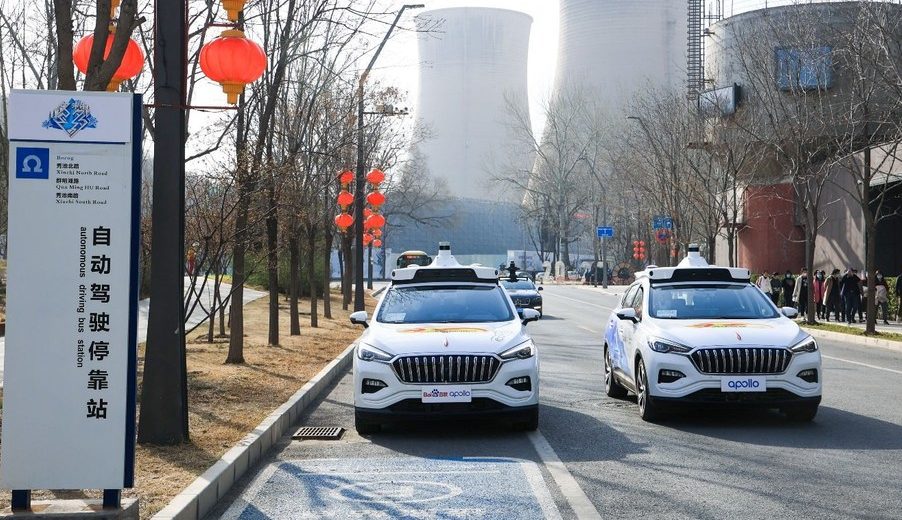
Photo: Baidu
Autonomous robotaxi service launched in Beijing
07 May 2021
by Christopher Carey

Photo: Baidu
07 May 2021
by Christopher Carey
Chinese technology company Baidu has launched the country's first fully autonomous commercial taxi service in Beijing.
The Apollo Go robotaxis will operate at Shougang Park - an industrial park on the west side of Beijing which will be a site for the 2022 winter Olympics.
The firm says the taxis are fully driverless and will offer the first commercial service of its kind in China.
“Introducing unmanned services is an indispensable stage for the commercialisation of autonomous driving,” Yunpeng Wang, Baidu’s Vice President and General Manager of Autonomous Driving Technology, said in a statement.
“Today, we are opening the fully driverless robotaxi services in Beijing for the publ...
Unregistered users have limited access to our stories. Register for free now to enjoy Cities Today without restrictions.
Already a subscriber?
| Cookie | Duration | Description |
|---|---|---|
| cookielawinfo-checbox-analytics | 11 months | This cookie is set by GDPR Cookie Consent plugin. The cookie is used to store the user consent for the cookies in the category "Analytics". |
| cookielawinfo-checbox-functional | 11 months | The cookie is set by GDPR cookie consent to record the user consent for the cookies in the category "Functional". |
| cookielawinfo-checbox-others | 11 months | This cookie is set by GDPR Cookie Consent plugin. The cookie is used to store the user consent for the cookies in the category "Other. |
| cookielawinfo-checkbox-necessary | 11 months | This cookie is set by GDPR Cookie Consent plugin. The cookies is used to store the user consent for the cookies in the category "Necessary". |
| cookielawinfo-checkbox-performance | 11 months | This cookie is set by GDPR Cookie Consent plugin. The cookie is used to store the user consent for the cookies in the category "Performance". |
| viewed_cookie_policy | 11 months | The cookie is set by the GDPR Cookie Consent plugin and is used to store whether or not user has consented to the use of cookies. It does not store any personal data. |
You have reached the limit for the basic subscription. Please upgrade to Premium to download more
You have reached the limit for the basic subscription. Please upgrade to Premium to save more

